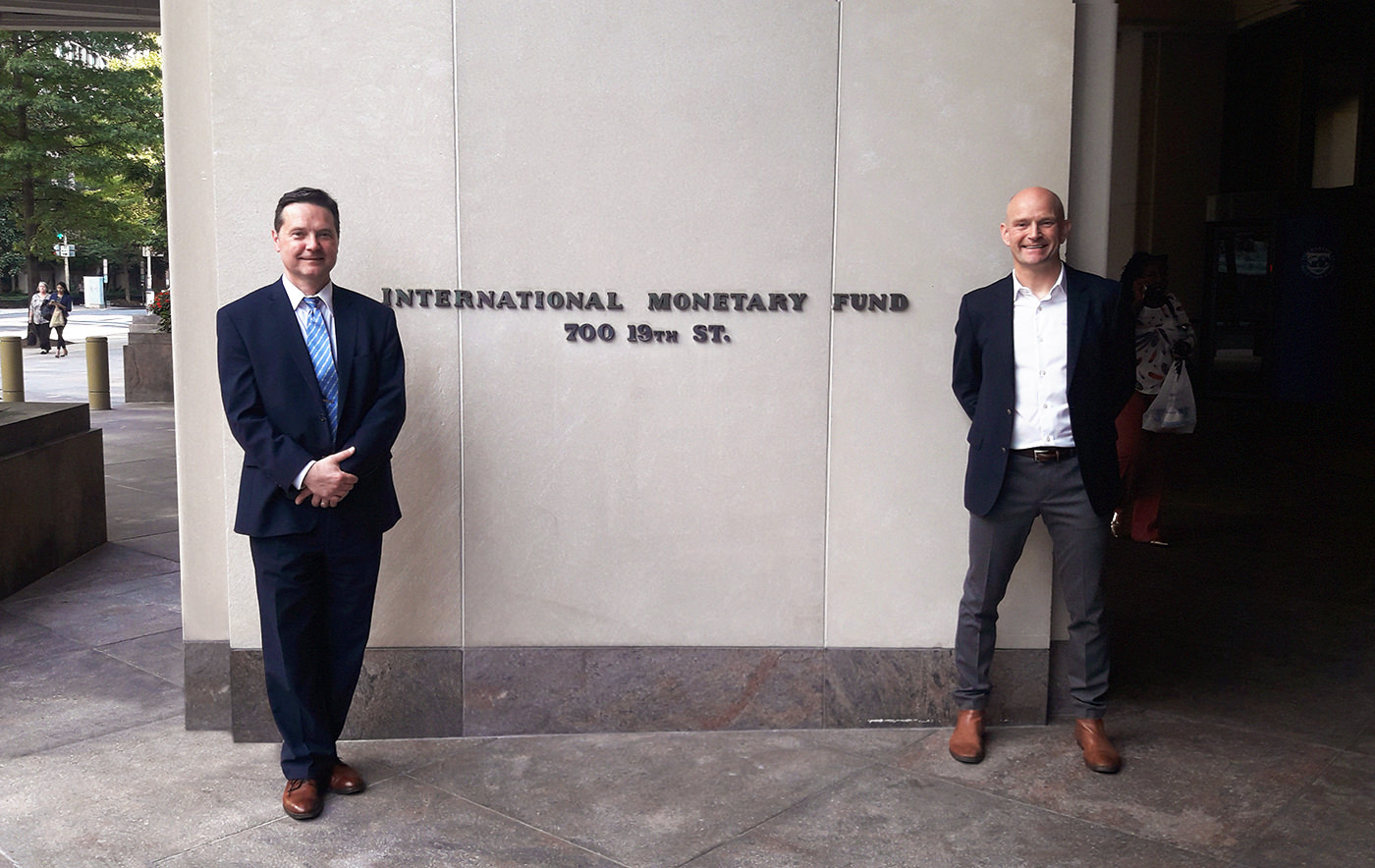
The benefits of e-money and blockchains
At Monerium, we are mindful of the social context in which we operate. We believe that responsible capitalism should not only create value for direct stakeholders but also positive externalities for society.
Issuing e-money on a blockchain may sound arcane, but it creates two important systemic benefits in financial services: e-money provides an alternative form of demand deposit, and the blockchain acts as an alternative payment service.
Monerium’s first assignment was a report on blockchains and the future of finance, completed in May of 2016. Mindful of the negative impact of the systemic financial failure of 2008, we set out to explore not only the direct commercial opportunities relating to blockchains but also the potential externalities. We realized early that that blockchains could provide an alternative channel for payments, and thereby reduce systemic risk. As we explored further, it also became clear to us that supervised forms of e-money are in many respects a less risky form of demand deposit than a bank account, a complimentary storage of value if you will.
It seems we are not alone in believing in the commercial and social benefits of e-money and blockchains. In a comprehensive report on digital money published in July this year, IMF economists Tobias Adrian and Tommaso Mancini-Griffoli suggest that e-money and blockchains can complement traditional forms of cash and payments. They also observe that e-money on blockchains can offer direct benefits to users, including “seamless payment of automated transactions” and “faster and cheaper” cross-border transfers. They further add that allowing e-money issuers access to central bank deposit facilities would make the creation of central bank digital currency (CBDC) unnecessary. Issuing a proxy for central bank digital currency through e-money issuers would be a “far cheaper and less risky model” than for the central banks to do so directly.
The IMF report was published on July 15, one month after our e-money license was issued. As the first company licensed to issue e-money on blockchains, we were delighted to be invited to present Monerium at the IMF on September 17. Among the topics discussed were the attributes of e-money issued under EU rules, the mechanics of issuing e-money on blockchains, and how e-money compares with other forms of tokenized fiat.
The IMF’s fundamental mission is “to help ensure stability in the international monetary system”. As pioneers in fintech, we welcome and hope to continue discussions with the IMF and other international and national institutions that are tasked with keeping finance safe, efficient, and accessible. Money is the lifeblood of the economy, and we know full well what happens if it dries up.